The brief on behalf of the Consumer Federation of America to the U.S. Supreme Court on the issue of whether the so-called Red Lion doctrine of First Amendment regulation of broadcasters should be re-examined.
The Future of Red Lion
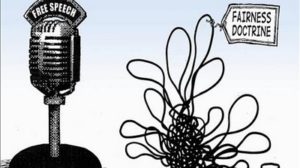

The brief on behalf of the Consumer Federation of America to the U.S. Supreme Court on the issue of whether the so-called Red Lion doctrine of First Amendment regulation of broadcasters should be re-examined.

More from the silly lawsuit department. A federal court is being asked to grant constitutional rights to five killer whales that perform at marine parks — an unprecedented and perhaps quixotic legal action that is nonetheless likely to stoke an ongoing, intense debate at America’s law schools over expansion of animal rights.”

Whatever one thinks of Roger Clemens’ veracity (let alone possible steroid use), the idea that his criminal trial ends without a verdict because the prosecutors blatantly disregarded the court’s instructions by showing the jury inadmissible evidence is just astounding. Brings to mind former Supreme Court Justice Benjamin Cardozo’s famous question from the 1920s — […]

It is rare that the justices of the Supreme Court of the United States actually write or speak about technology. But as connectivity and user-generated content become more ubiquitous and pervasive, sometimes the Court — despite its inherent judicial conservatism — just can’t avoid touching on issues related to the use, importance and legal status of modern communications technologies.
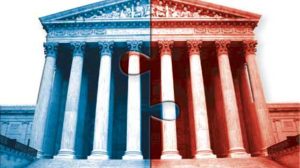
You may not agree with the Supreme Court’s denial of standing to plaintiffs challenging an Arizona law giving tax credits for parochial schools, but the sentiment of limited judicial powers articulated by Justice Kennedy should resonate with folks from Tea Party members to liberal activists.

Not quite as interesting as the worst-dressed actress and best cinema films lists we’ll see over the next few days, but (perhaps) a bit more relevant to our daily activities on social networks and the real-time Web.
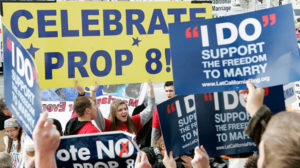
The outcry over federal judge Vaughn Walker’s decision overturning California’s Proposition 8 — which declared same-sex marriages unlawful — is hardly atypical where the Constitution is concerned. Why should a single judge, or nine (Supreme Court) judges, have the power to override the legitimate majority vote of citizens in a democracy?
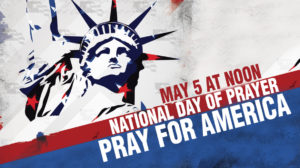
Yesterday a federal district judge ruled the “National Day of Prayer” unconstitutional. But observing such a commemorative occasion involved no compulsion, discrimination or penalty on or against any observer of any religious doctrine. So what’s the rub?
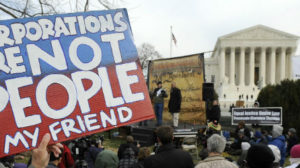
The U.S. Supreme Court, for the first time, took note of social media today, observing that “soon … it may be that Internet sources, such as blogs and social networking Web sites, will provide citizens with significant information about political candidates and issues.”

The problem is that while speech is free, campaign $$ is not.